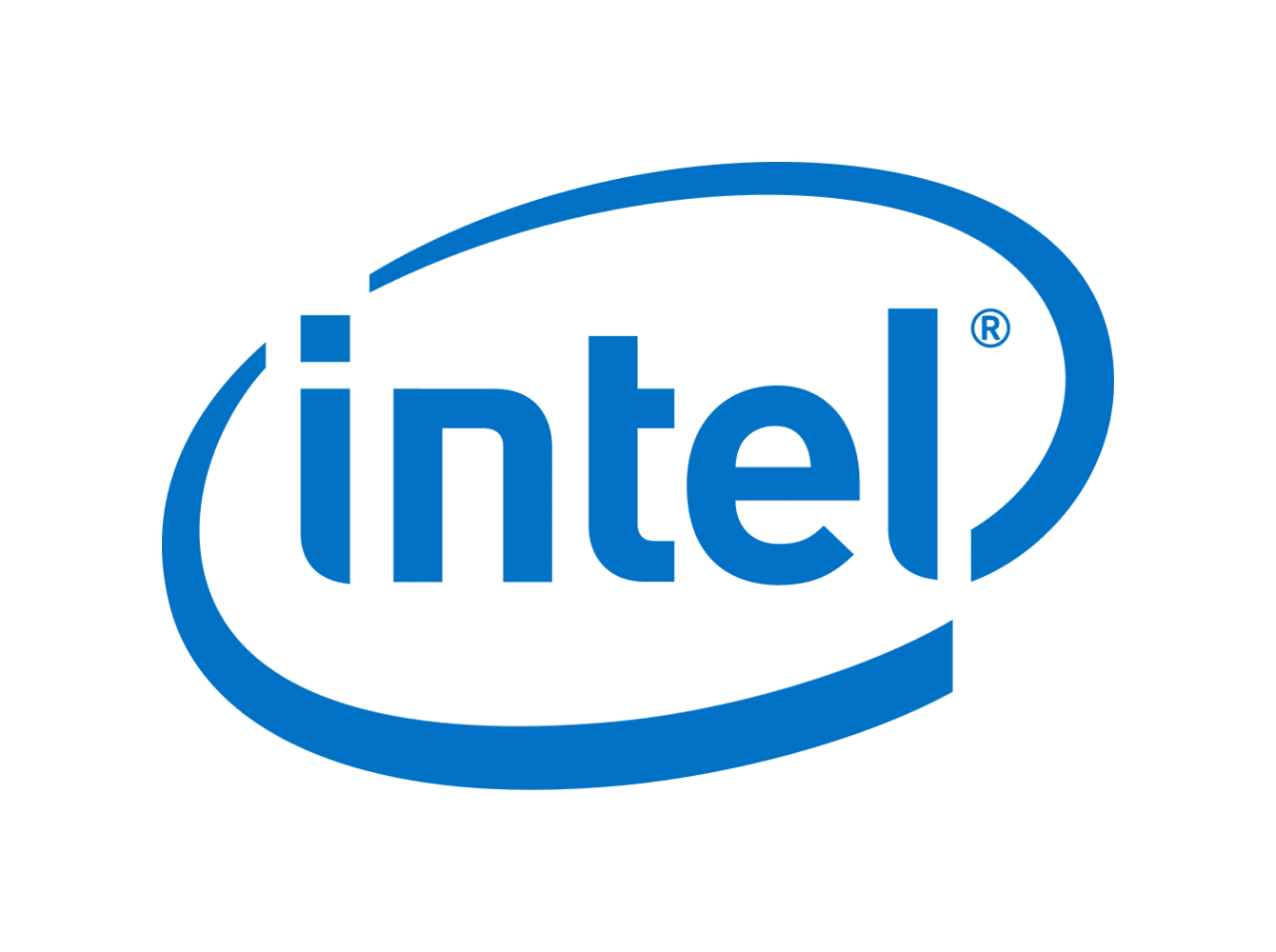I apologize if this is a bad question or has already been asked. Why doesn’t intel (or AMD) create a socket with the maximum amount of pins possible that way every new CPU would be compatible with a bios update? Even if new gen CPUs don’t utilize all the pins it would leave headroom for new generations. Is it not possible going from 10nm to 7nm? Imagine creating LGA 3000 that could support the next 10 generations.
My question, why half of the pins are for power delivery? Can’t they put a big fat connector on the side instead? GPU style.
Cpu sockets are expensive parts, you are not going to use a socket with 5000 pins if you don’t need this many.
Too many pins makes too expensive.
Higher speed pins too support pcie and memory speeds that don’t even exist yet are too expensive.
There’s are reason that all the HEDT sockets are all super expensive.
And this problem is so important that AMD even started splitting up their server lineup into SP5 and SP6 to bring socket costs down.
Imagine still being on Sata 1, DDR1, and PCIE 1 or even AGP if this was the case.
Because it’s expensive, and technology and standards change too quickly. How big is big enough? How fast is fast enough? Are motherboards going to design every path to support 5Ghz? Every path to support 180w of power?
Just cover the whole mobo with cpu pins to be as future compatible as possible :D
CPU socket is not the only thing that has technological upgrades.
You’d still be locked to a certain DDR ram, PCI etc generations.
Imagine if they had made a LGA MAX socket during the DDR2 era. How would a 14th gen perform with DDR2? Or how would your RTX 4090 perform in an ancient PCI slot?
I would be a waste and Intel and AMD both want people to move to new sockets so they can sell newer CPUs.

